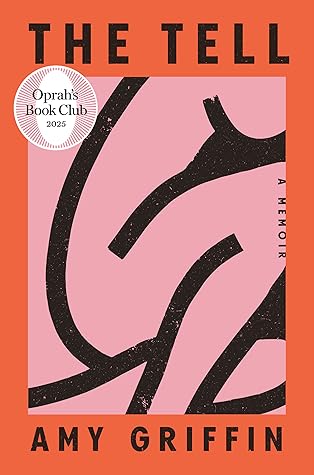More on this book
Community
Kindle Notes & Highlights
When I was little, to tell on someone was a shameful thing: It made you a tattletale. It got somebody in trouble. In telling, you became the problem. Now I understand that the telling is the medicine—not the cause of shame but the thing that heals it.
But I have learned that the more I tell my story, the more I remember who I have always been.
I ran because I was afraid of what I would feel if I sat still.
Mine was my need to push harder, to run faster, to keep moving. My fear of slowing down long enough to listen to what my body might say.
But at some point I had come to believe that I was loved not for any inherent worth but because of all my accomplishments. With each new accomplishment came more praise; that praise, I thought, was love.
It was a reminder that multiple stories could be true at the same time, that we select our narratives in accordance with how honest we want to be and how honest we can be with ourselves.
“We don’t recognize how much we carry our experiences in our bodies. If something is coming up”—she looked at me—“it has to come out.”
The strange thing was I found that I wanted to tell people. As much shame as I felt, telling people my story felt like a necessary corrective to the decades of silence. I felt like I needed to say it out loud, to own what had happened to me, no matter how difficult it was.
Abuse, I was beginning to understand, was a tangled mess of shame and silence. The abused learn early that survival sometimes means protecting the secrets of their abusers.
“There must be those among whom we can sit down and weep, and still be counted as warriors.”
Of course my children didn’t want me to be perfect—they wanted me to be reachable.
My vulnerability was not a weakness. It was the greatest gift I could give them.
The real way to keep my children safe wasn’t to control them. It was to have an honest relationship with them. That was how I could set myself—and them—free.
To anyone back home, calling someone older or wiser than you “sir” or “ma’am” was simply a sign of good manners. But to me now, the practice epitomized everything about the culture that had made me vulnerable to abuse as a child. A culture ruled by power dynamics; a culture that demanded my obedience, silenced my voice, and guarded my secrets; a culture that told me to do what adults said, no matter what.


